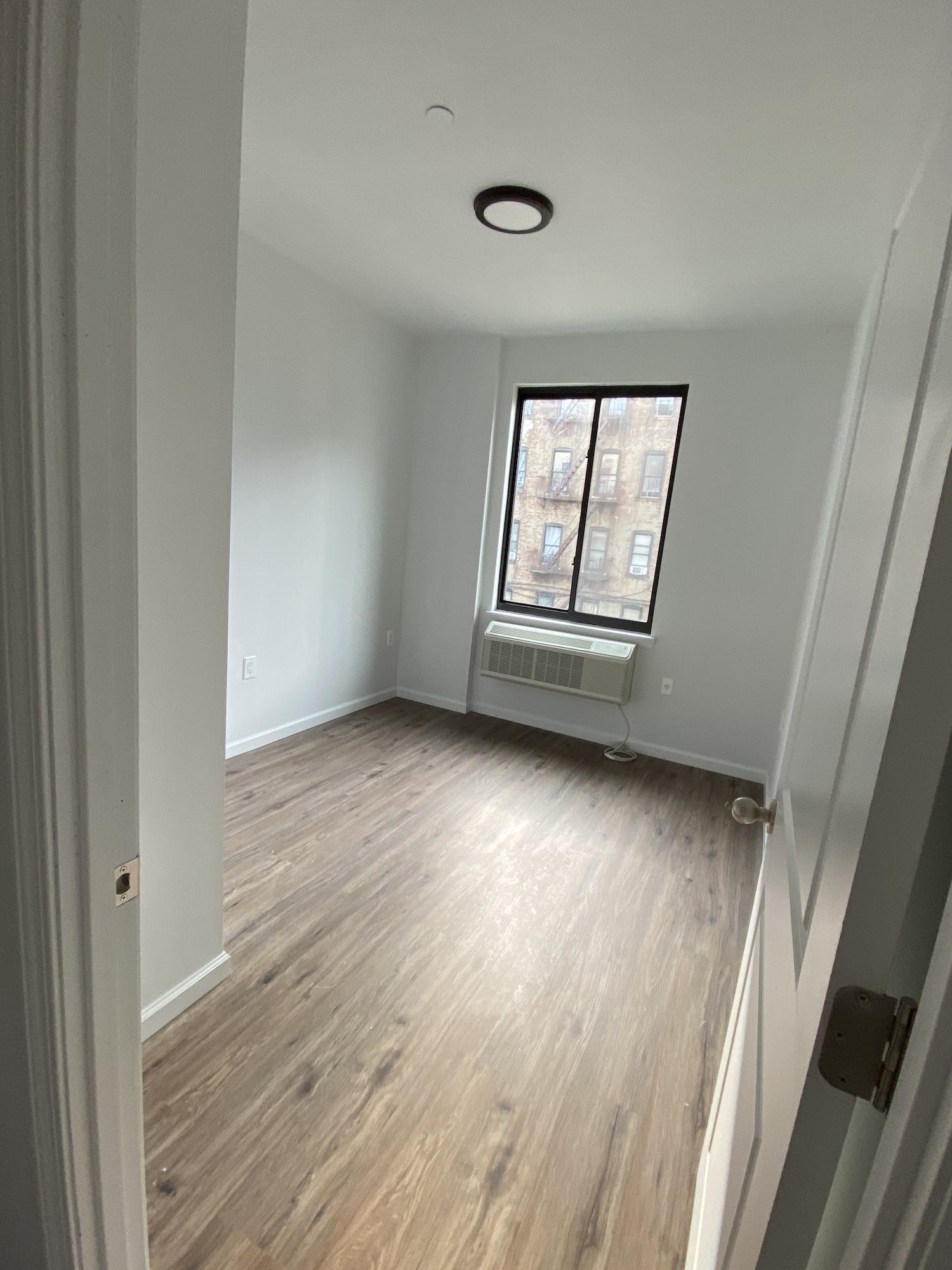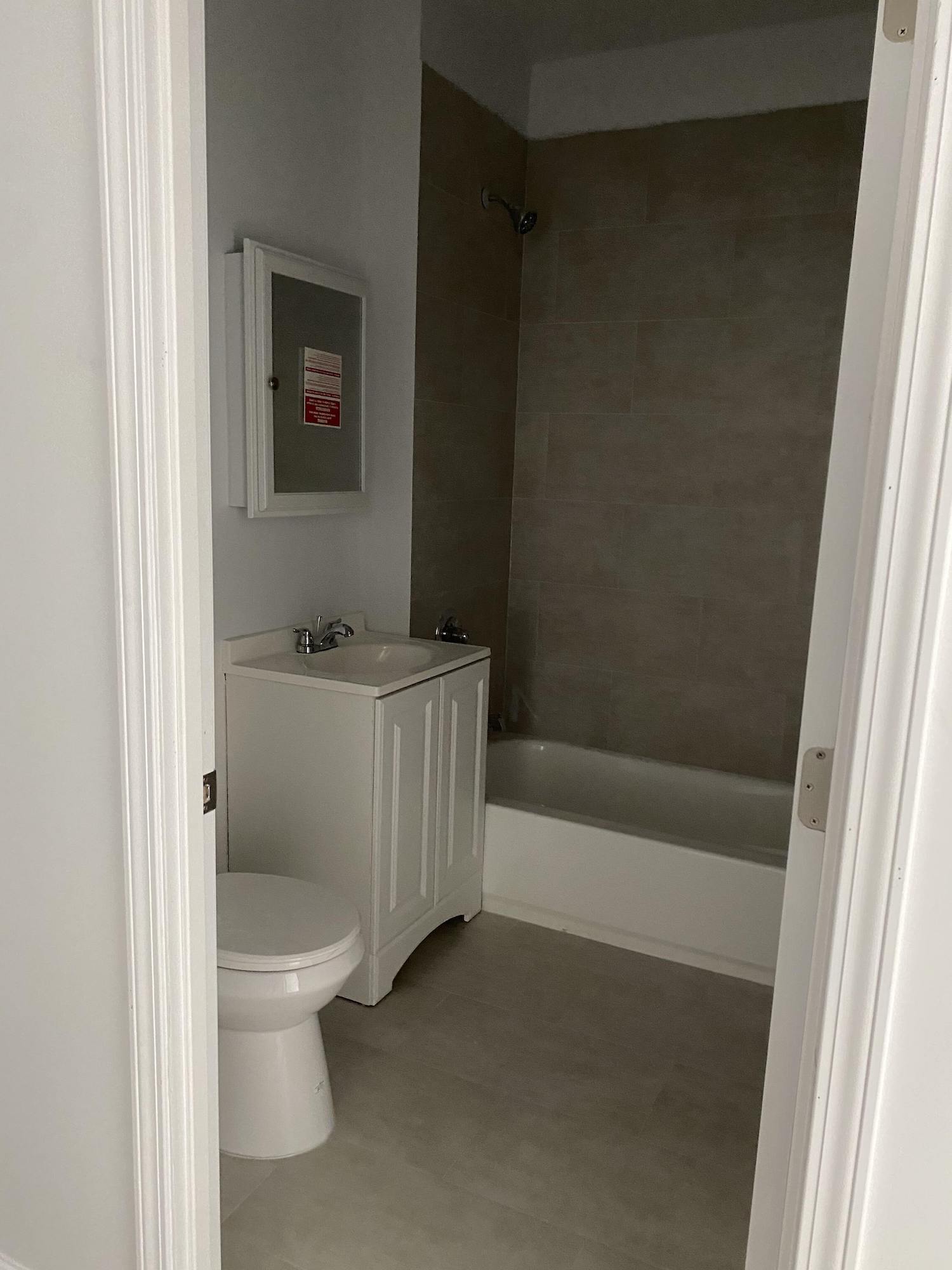In advance of this year’s federal election cycle, and consistent with longstanding Justice Department practices and procedures, the department today is providing information about its efforts, through the Civil Rights Division, Criminal Division, National Security Division (NSD), and U.S. Attorneys’ offices throughout the country, to ensure that all qualified voters have the opportunity to cast their ballots and have their votes counted free of discrimination, intimidation, or criminal activity in the election process, and to ensure that our elections are secure and free from foreign malign influence and interference.
Civil Rights Division
The department’s Civil Rights Division is responsible for ensuring compliance with the civil provisions of federal statutes that protect the right to vote, and with the criminal provisions of federal statutes prohibiting discriminatory interference with that right. This work is often performed in partnership with U.S. Attorneys’ offices.
The Civil Rights Division’s Voting Section enforces the civil provisions of a wide range of federal statutes that protect the right to vote including: the Voting Rights Act; the National Voter Registration Act; the Uniformed and Overseas Citizens Absentee Voting Act; the Help America Vote Act; and the Civil Rights Acts. Among other things, collectively, these laws:
- prohibit election practices that have either a discriminatory purpose or a discriminatory result on account of race, color, or language minority status;
- prohibit intimidation of voters;
- allow voters who need assistance in voting because of disability or inability to read or write to receive assistance from a person of their choice (other than agents of their employer or union);
- require minority language election materials and assistance in certain jurisdictions;
- require accessible voting systems for voters with disabilities;
- require that provisional ballots be offered to voters who assert they are registered and eligible to vote in the jurisdiction, but whose names do not appear on poll books;
- require states to provide for absentee voting for uniformed service members serving away from home, their family members also away from home due to that service, and U.S. citizens living abroad; and
- require covered states to offer the opportunity to register to vote through offices that provide driver licenses, public assistance, and disability services, as well as through the mail, and to take steps regarding maintaining voter registration lists.
The Civil Rights Division’s Disability Rights Section enforces the Americans with Disabilities Act (ADA), which prohibits discrimination in voting based on disability. The ADA applies to all aspects of voting, including voter registration, selection and accessibility of voting facilities, and the casting of ballots on Election Day or during early voting, whether in-person or absentee.
The Civil Rights Division’s Criminal Section enforces federal criminal statutes that prohibit voter intimidation and voter interference based on race, color, national origin, or religion.
- Throughout the election cycle, Civil Rights Division attorneys in the Voting, Disability Rights, and Criminal Sections in Washington, D.C., will be ready to receive complaints of potential violations of any of the statutes the Civil Rights Division enforces. The Civil Rights Division will work closely with counterparts at U.S. Attorneys’ offices and other department components to review and take appropriate action concerning these complaints.
- Individuals with complaints related to possible violations of the federal voting rights laws can call the Justice Department’s toll-free telephone line at 800-253-3931, and can also submit complaints through a link on the department’s website at www.civilrights.justice.gov/.
- Individuals with questions or complaints related to the ADA may call the Justice Department’s toll-free ADA information line at 800-514-0301 or 833-610-1264 (TTY), or submit a complaint through a link on the department’s ADA website at ada.gov.
Complaints related to violence, threats of violence, or intimidation at a polling place should always be reported immediately to local authorities by calling 911. They should also be reported to the department after local authorities are contacted.
Criminal Division and the Department’s 94 U.S. Attorneys’ Offices
The department’s Criminal Division oversees the enforcement of federal laws that criminalize certain forms of election fraud and vindicate the integrity of the federal election process.
The Criminal Division’s Public Integrity Section and U.S. Attorneys’ offices are responsible for enforcing the federal criminal laws that prohibit various forms of election crimes, such as destruction of ballots, vote-buying, multiple voting, submission of fraudulent ballots or registrations, alteration of votes, and malfeasance by postal or election officials and employees. The Criminal Division and the U.S. Attorneys’ offices are also responsible for enforcing federal criminal law prohibiting unlawful threats of violence against election workers, and prohibiting voter intimidation and voter suppression for reasons other than race, color, national origin, or religion (as noted above, voter intimidation and voter suppression that has a basis in race, color, national origin, or religion is addressed by the Civil Rights Division often in partnership with the U.S. Attorneys’ offices).
U.S. Attorneys’ offices around the country designate Assistant U.S. Attorneys who serve as District Election Officers (DEOs) in their respective districts. DEOs are responsible for overseeing potential election-crime matters in their districts, and for coordinating with the department’s election-crime experts in Washington, D.C.
The U.S. Attorneys’ offices work with specially trained FBI personnel in each district to ensure that complaints from the public involving possible election crimes are handled appropriately. Specifically:
- In consultation with federal prosecutors at the Public Integrity Section in Washington, D.C., the DEOs in U.S. Attorneys’ offices, FBI officials at headquarters in Washington, D.C., and FBI special agents serving as Election Crime Coordinators in the FBI’s 56 field offices will be on duty while polls are open to receive complaints from the public.
- Election-crime complaints should be directed to the local U.S. Attorneys’ office or the local FBI field office. A list of U.S. Attorneys’ offices and their telephone numbers can be found at www.justice.gov/usao/districts/. A list of FBI field offices and accompanying telephone numbers can be found at www.fbi.gov/contact-us.
- Public Integrity Section prosecutors are available to consult and coordinate with the U.S. Attorneys’ offices and the FBI regarding the handling of election-crime allegations.
All complaints related to violence, threats of violence, or intimidation at a polling place should be reported first to local police authorities by calling 911. After alerting local law enforcement to such emergencies by calling 911, the public should contact the Justice Department.
National Security Division
The department’s NSD supervises the investigation and prosecution of cases affecting or relating to national security, including any cases involving foreign malign influence and interference in elections or violent extremist threats to elections. In this context:
- NSD oversees matters involving a range of malign influence activities that foreign governments may attempt.
- NSD’s Counterintelligence and Export Control Section oversees matters involving covert information operations (e.g., to promulgate disinformation through social media); covert efforts to support or denigrate political candidates or organizations; and other covert influence operations that might violate various criminal statutes.
- NSD’s National Security Cyber Section oversees such matters when they are cyber-enabled (i.e., when online platforms, such as social media and other online services, are central to the commission of the offense), as well as those involving computer hacking of election or campaign infrastructure.
- NSD’s Counterterrorism Section oversees matters involving international and domestic terrorism and supports law enforcement in preventing any acts of terrorism that impact Americans, including any violent extremism that might threaten election security.
As in past elections, the National Security Division will work closely with counterparts at the FBI and our U.S. Attorneys’ offices to protect our nation’s elections from any national security threats. Attorneys from National Security Division sections will be partnered with FBI Headquarters components to provide support to U.S. Attorneys’ offices and FBI field offices to counter any such threats. The Department of Homeland Security also plays its own important role in safeguarding critical election infrastructure from cyber and other threats.
Complaints related to violence, threats of violence, or intimidation at a polling place should always be reported immediately to local authorities by calling 911 and, after local authorities are contacted, then should be reported also to the department.
Protecting the right to vote, prosecuting election crimes, and securing our elections are all essential to maintaining the confidence of all Americans in our democratic system of government. The department encourages anyone with information regarding concerns in these subject areas to contact the appropriate authorities.
For more information about the department’s work to ensure compliance with federal civil and criminal laws related to voting, please visit Voting | Department of Justice and Election Crimes Branch | Department of Justice.





